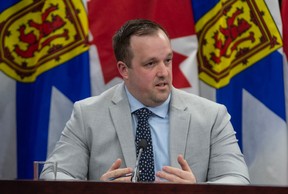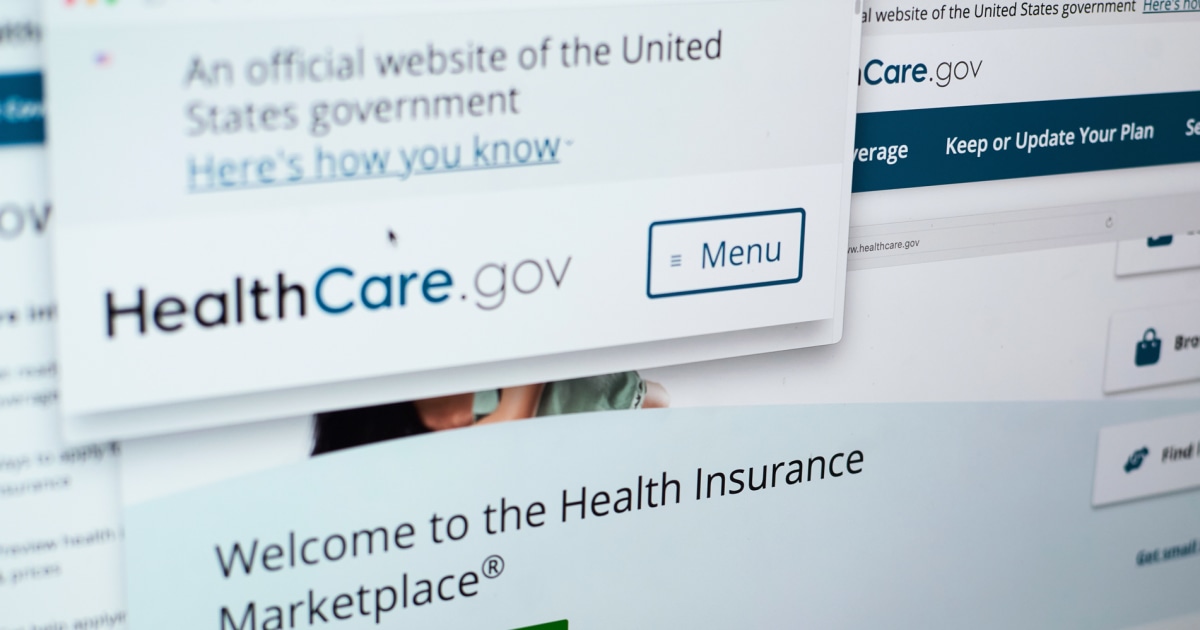
Article content
The government’s decision to publicly fund private mental health care is a dangerous direction to take Nova Scotia, says the NSGEU president.
“Outsourcing mental health and addictions work to an as-yet unnamed private company will accomplish nothing except draining desperately needed resources from our public system and handing them over to a for-profit company,” Sandra Mullen said in a news release Friday.
Article content
The Nova Scotia Government and General Employees Union, the province’s largest, represents nearly 38,000 workers, including many allied health-care professionals.
The union says private contracts generally pay higher salaries than government is willing to offer its own staff within the public sector, which all but guarantees an exodus of workers from the public system.
Further, the private entity, much like private surgical clinics that perform orthopedic and cataract surgeries, will only receive the least complex cases, leaving staff who remain in the public system to struggle to support Nova Scotians with far more complex mental health and addictions issues, the union argues.

Brian Comer, minister of addictions and mental health, on Wednesday announced a $10-million government program that will leverage the private sector to boost access to non-urgent mental health-care needs for mood and anxiety disorders.
“Government will publicly fund qualified professionals, social workers, psychologists and registered counselling therapists to provide non-urgent mental health care,” Comer said. “It will help capacity and eventually shorten wait times for these much in-demand services.”
Article content
The program, expected to kick off this spring, will be phased in.
The NSGEU says the program will result in the public system losing significant capacity to deliver services and essentially ensure the private system will be well-positioned to continue receiving contracts and public funding to deliver the service, and perhaps more.
The NSGEU referred to the lucrative travel nursing contracts, the full details and cost of which are not divulged because they are private and can be kept secret. The union said agency nurses are paid at least double the hourly wage of staff nurses and the agency itself draws enormous fees, along with travel and accommodation costs.
“The premier has acknowledged that costs have spiraled out of control with travel nursing and government is attempting to rein in the practice,” Mullen said.
Recommended from Editorial
-

N.S. announces publicly funded program for private mental-health care
-

‘A big mountain to climb’: Fundraiser launched to help Nova Scotian battle aggressive brain tumour
-

Made with Local concentrating on Canadian, strikes Costco deal
“Why should we expect a different outcome with privatizing mental health and addictions? Or any other aspect of the health-care system?”
Article content
In making the public-funding announcement Wednesday, Comer said paying private sector providers for public access to health care is nothing new.
“We’ve been doing it in this province for decades,” the minister said. “ That’s how we pay health-care providers like doctors, dentists and pharmacists, among others, for the services they deliver every day on behalf of Nova Scotians.”
Now, Comer said, the province will pay certain mental health care and addiction providers for these services as well.
“They deliver on our behalf, too, because mental health and addiction care is health care,” Comer said. “Seeing a mental-health clinician when you need one should not be any different from seeing a doctor or a dentist or a pharmacist but it has been different because people who can afford to pay for care or those lucky enough to have private health insurance have had far more access to mental health and addictions care than those who do not.”
The NSGEU says the province’s health-care system needs help but that should not entail contracts being handed out to private interests that will actively siphon staff away from the public system.
The premier and mental health minister should instead “ramp up” efforts to actually strengthen public-sector capacity, not abdicate responsibility to Telus or Maple, or turn a blind eye when another private MRI clinic pops up, the NSGEU says.
“We’ve already seen where the slippery slope of travel nursing can lead us,” Mullen said. “ I strongly urge the premier to step back from the edge.”
Share this article in your social network
link




